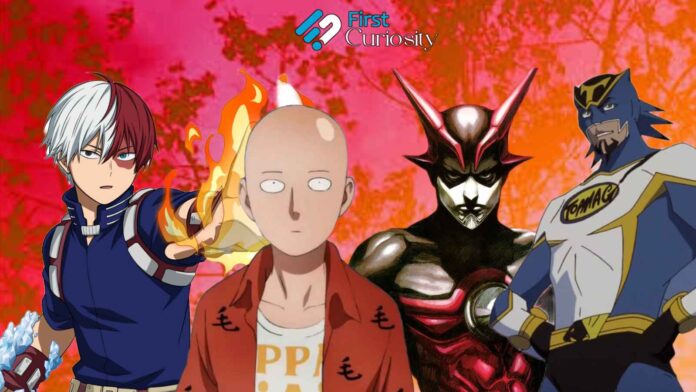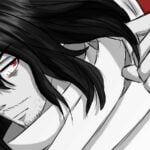While typically the superhero genre is deep-rooted in the American culture, it hasn’t stopped Japan from exploring its expertise. Whether it is to pay homage to classic tokusatsu heroes or to craft original stories with layers and twists, manga provides a medium for super-powered stories to resonate on a global level.
With memorable titles like ‘One-Punch Man‘ and ‘My Hero Academia‘ blazing trails, the landscape of superhero manga continues to expand with newer entries. As tastes and target audiences evolve, the strengths of each manga aim to cater to exactly that with variety. Alongside the cape crusaders in the West, Japan has also seen the growth of its own costumed crimefighters. In Japan, the manga culture has embraced this with creativity of its own.
Related: Mihawk Vs Shanks: ‘One Piece’ Creator, Eiichiro Oda, Might Have Hinted Who Is Stronger
7. Kinnikuman
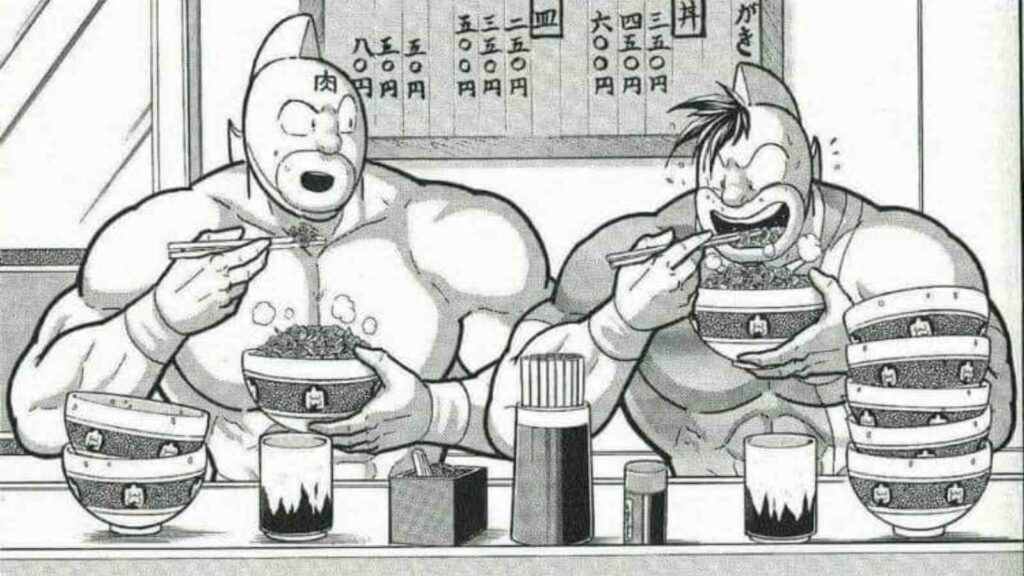
Debuting in 1979, ‘Kinnikuman‘ was a marvel in Japanese culture in regards to bringing costumed superheroes to Shonen manga. The story follows Suguru Kinniku, a bumbling superhero who was created by Yudetamago.
Eventually started as a comedy, the overall tone of the manga grew darker over time. Its offbeat take mixed with humour and grit made it super accessible for newcomers to pick it up.
The original manga was completed in 1987 but made its return in 2011. Kinnikuman’s character believes in persistence and endurance that stem from within the heart.
This taught readers a story of a character overcoming multiple failures by believing in themselves. This essence of the story made it easily relatable to readers in Japan and internationally as well.
6. Tiger & Bunny
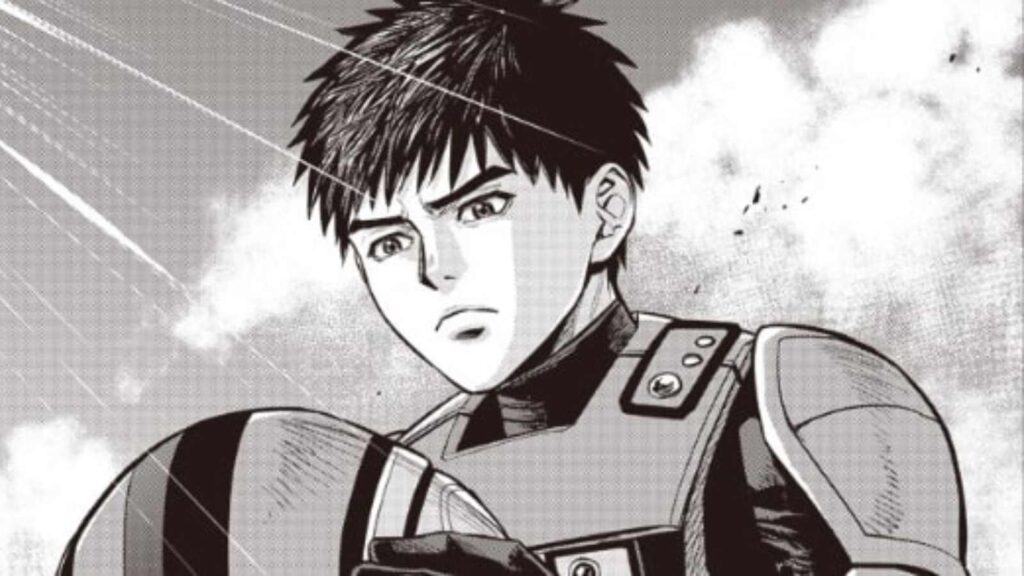
The ‘Tiger & Bunny‘ manga kickstarted in 2007 and envisioned a future where heroes function via a sponsorship deal. Protagonists Kotetsu “Tiger” Kaburagi and Barnaby “Bunny” Brooks Jr. clash but complement one another, giving off the good cop bad cop dynamic.
Their opposite personality helped balance the manga’s humour and also thoughtful commentary. Tiger & Bunny has a strong social message, which criticizes commercialization and its influence on justice.
While fun and light-hearted, it strikingly illustrates real-world parallels through the characters’ endorsement-driven public image. Their partnership progresses from mere monetary rivals to partners in actions and reminds readers heroism lies in helping people, not in increasing ratings.
5. Ratman
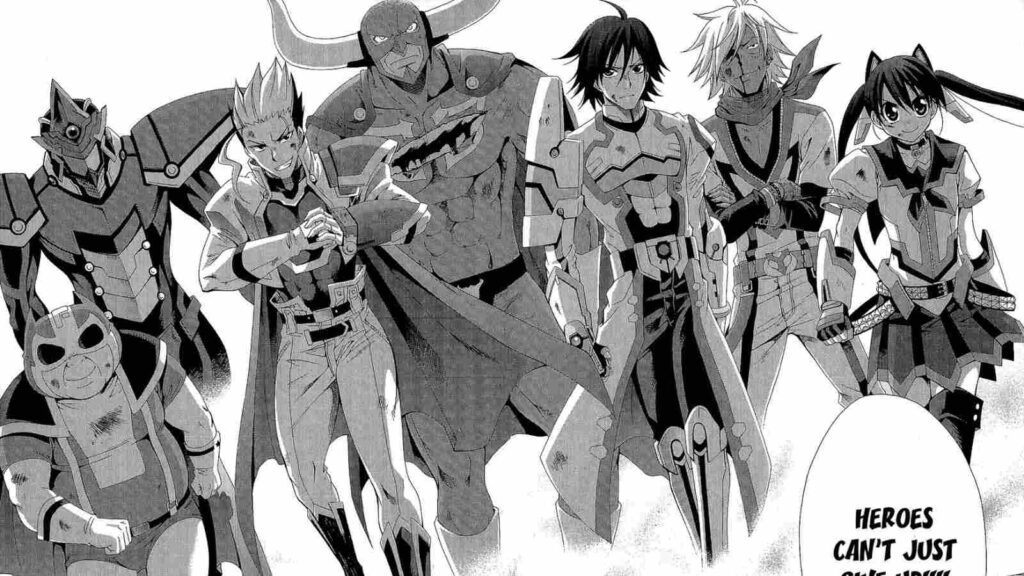
The ‘Ratman‘, another superhero manga, ran for 6 years, from 2007 to 2013. It showed Shuto Katsuragi joining Japan’s Hero Agency respite his weak quirk manifesting as a rat’s traits. Though farfetched and absurd, he suits up to help the civilians as “Ratman”.
‘Ratman‘ had a heartwarming message that stressed that true strength comes from heart and not brawn. Shuto faces prejudice but proves himself through hard work (a good old underdog story).
Readers root for the unlikely duo who tackle cases that big-wig heroes might overlook, helping readers understand that justice at any level is justice. ‘Ratman‘ blends suspense and a warm sense of optimism, affirming each person of the impact they have in society, no matter how big or small.
In case you missed it: Naruto’s Death Deemed A Waste Of Decades Worth Character Development
4. Zetman
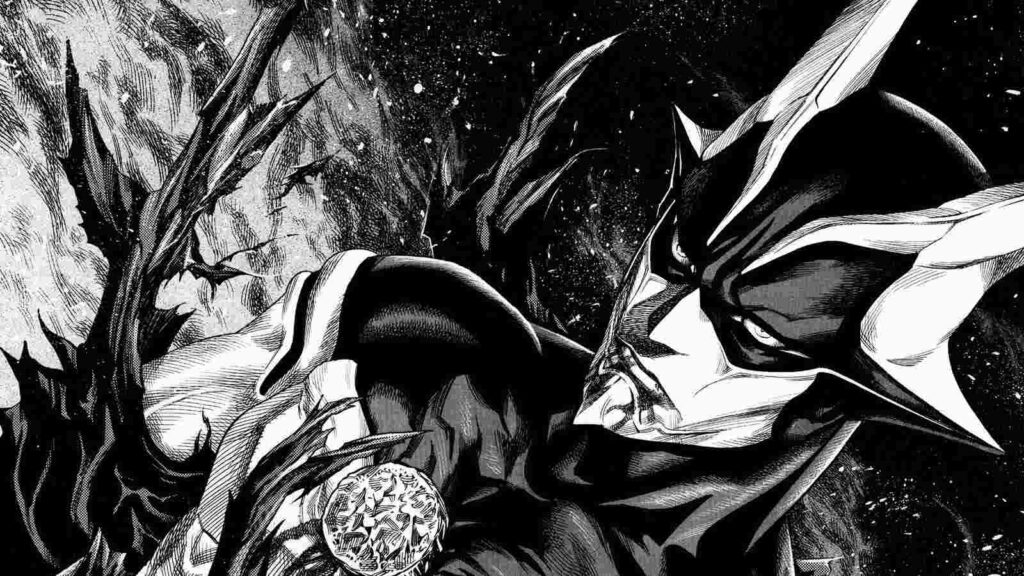
Making its debut in 2002, ‘Zetman‘ was the brainchild of artist Masakazu Katsura. It follows the protagonist Jin Kanzaki gaining power which transforms into a creature that battles for genetically modified beasts. He clashes with Kouga Amagi, relying on technological battle suits more than superhuman gifts.
The ‘Zetman‘ manga incorporates philosophical ideologies that relate to humanity’s relationship with technology and science. Jin and Kouga both represent contrasting views on biogenetically powered enhancements.
The social perspective provided thought-provoking elements to readers, which was rarely explored in mangas in the early 2000’s. ‘Zetman‘ was far ahead of its time in conjuring a superhero tale that gave insight into social happenings along with the thrill Katsura provided.
3. Vigilante
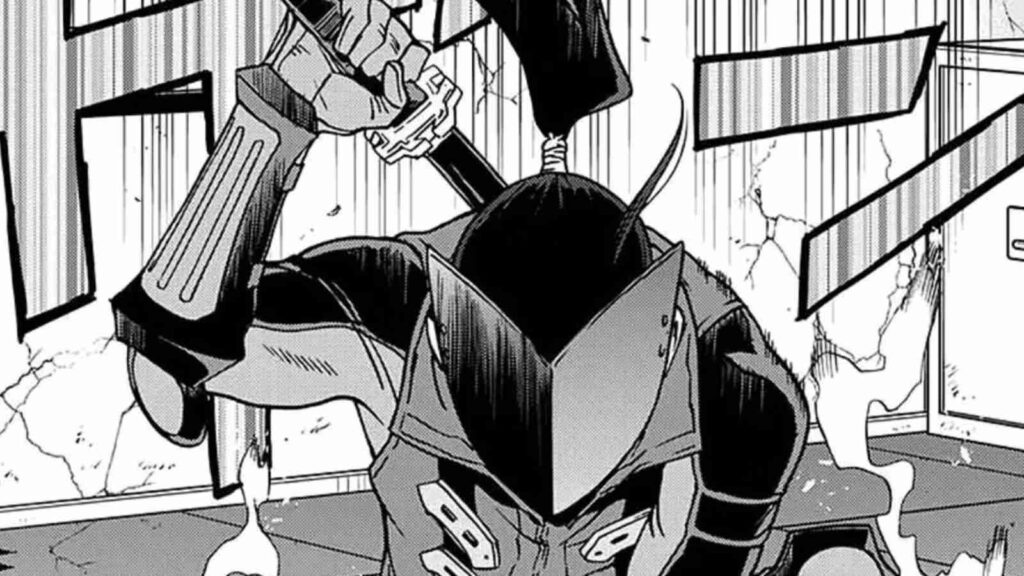
The ‘My Hero Academia‘ spin-off manga ‘Vigilante‘ focuses on the character of Koichi Haimawari, a powerless, normal boy helping small crimes underground. He has a partner by the name of Knuckleduster, a retired small-time hero.
‘Vigilante‘ explores perspectives that are not present in ‘My Hero Academia‘ by focusing more on street-level incidents that don’t follow under the pros’ radar. Koichi assists not for glory or recognition, but with the sole objective of protecting others, reflecting that is what ultimately matters.
Despite limits from his lack of powers, Koichi’s teamwork with knuckleduster earns fans’ respect. Their modest and grounded acts remind fans that even the smallest of deeds have the biggest impact, broadening the term of a superhero.
2. My Hero Academia
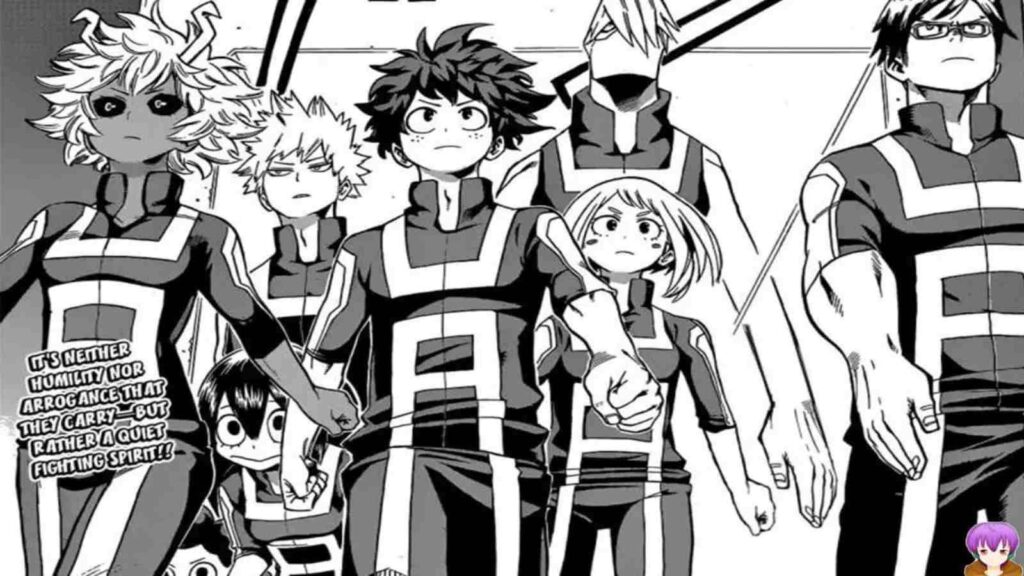
‘My Hero Academia‘ properly brought the Western superhero convention to Shonen manga. Kohei Horikoshi crafted a universe where most people wield “Quirks”, uniquely granting abilities that resemble that of costumed crusaders. Izuku Midoriya pursues his dream to succeed All Might as the greatest hero despite starting quirkless.
‘My Hero Academia‘ balances drama and humour through Izuku’s trials. Like the best of heroes, Izuku inspires by overcoming both external and self-doubts through compassion.
His works remind fans that courage and convictions are more vital to justice than powers, deeply connecting with readers. Horikoshi crafted a classic by conjoining the shonen’s emotional punch with the superhero element.
1. One-Punch Man
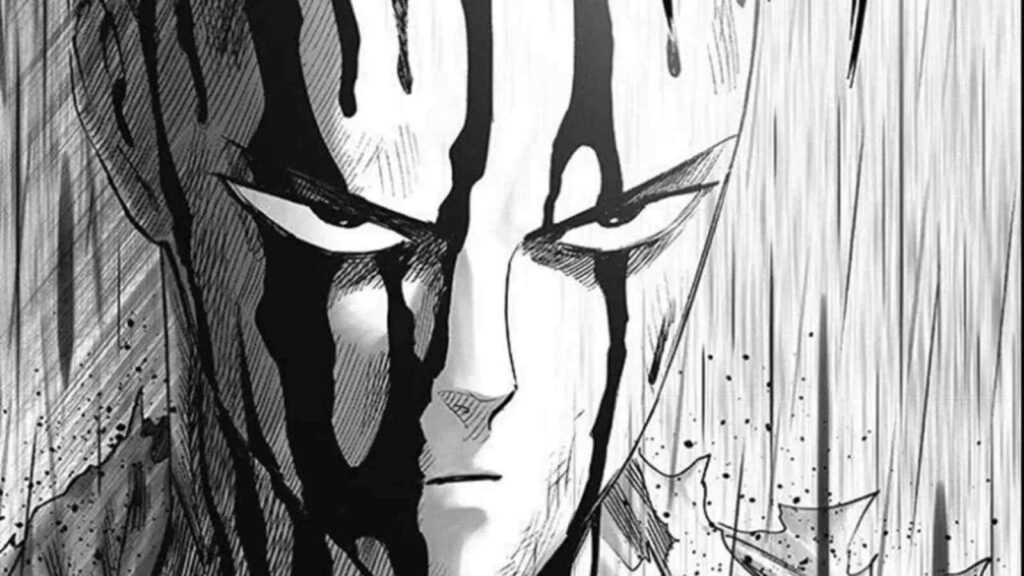
Originally a webcomic by One, Yusuke Murata’s redrawn manga version of ‘One-Punch Man ‘debuted in 2009. It follows Saitama, immeasurably powerful yet uninterested seeking a genuine challenge.
What begins as an aloof premise grows and evolves into something that holds purpose and reflects what it means to be a hero. ‘One-Punch Man‘ satirizes Shonen tropes through unstoppable Saitama quickly defeating foes, just with a punch (like the title conveys).
The manga conveys his acts as a selfless duty rather than for desire or a showcase of strength. Saitama’s struggle to feel truly needed amid the spotlight-hogging S-class heroes adds a humorous yet important reminder that purpose does not lie in accolades, but rather in belief and principles.
You might also like to read:

